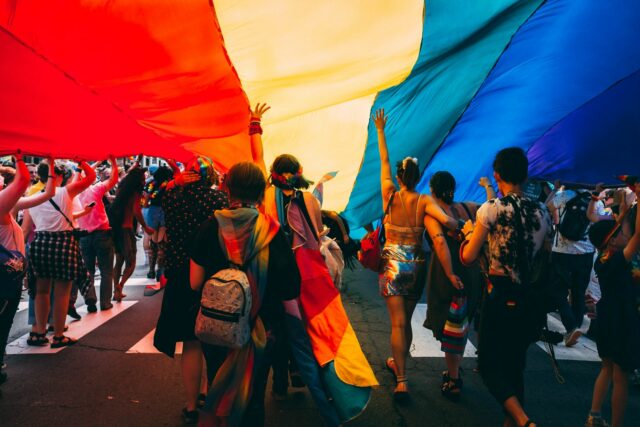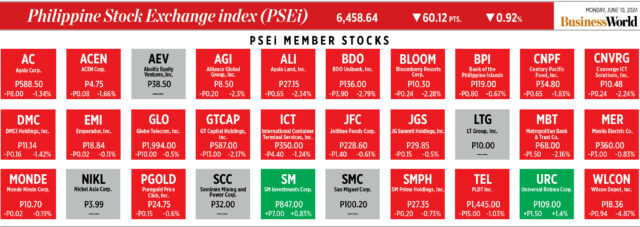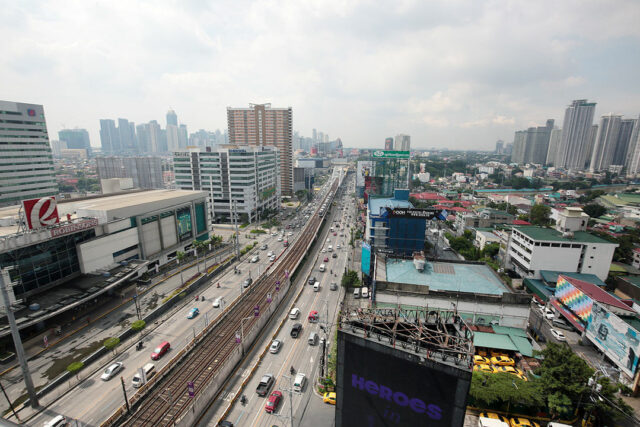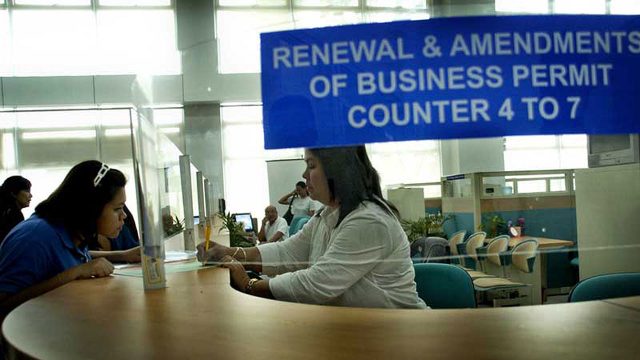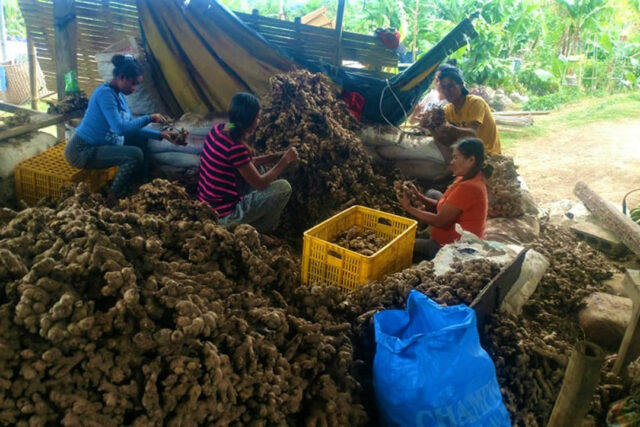LGBTQI+ issues are seen as subservient to economic issues. This concern is problematic, but it has roots. After all, the Philippine economy is not exactly faring as hoped, with the GDP growth clocking in at 5.7% in January-March 2024, lower than 5.9% expected by economists and analysts.
With the country’s economic situation continuing to worry ordinary Filipinos, counting LGBTQI+ issues out would be a grave mistake. Gender issues are inextricably linked with the economy. Discrimination against LGBTQI+ individuals not only denies them equal opportunities but also hinders the country’s overall economic productivity and growth. Therefore, addressing LGBTQI+ issues in the workplace is not just a matter of social justice; it is also an economic necessity.
LGBTQI+ INCLUSION AND ECONOMIC IMPACTS
The economic impacts of LGBTQI+ discrimination is difficult to measure and quantify. But studies, though limited, show that these impacts are profound. Workplace discrimination serves as a double-edged sword for the Philippines. Firstly, it reflects a failure of the State to fulfill its international commitments to justice and equality. Secondly, it significantly curtails national economic productivity by failing to integrate a vital portion of the workforce.
Inclusive economies are more competitive, with diversity linked to more robust economic growth and increased job creation. The 2018 Open For Business report, for example, found a significant correlation between LGBTQI+ inclusivity and the economic competitiveness of cities worldwide, indicating that LGBTQI+ inclusion is frequently a key feature in leading cities that possess a robust global economic presence. The Organisation for Economic Co-operation and Development (OECD) also supports this view, emphasizing that inclusive growth — economic growth that is distributed fairly across society — creates opportunities for all and contributes to social cohesion.
Inclusive growth is essential for sustainable development and the well-being of all citizens, whether part of the LGBTQI+ community or otherwise. Acknowledging diversity allows agencies, public and private, governmental or not, to tap into a wider range of talents and perspectives.
WORKPLACE INCLUSION IN THE PHILIPPINES
The employment situation for LGBTQI+ individuals in the Philippines is marred by pervasive discrimination at all stages of employment. LGBTQI+ individuals are often hired to be exploited due to some unfreedoms attributed to them. One of this is the inability to legally marry, leading to less benefit costs for companies and forced graveyard shifts or overtime. A specific case is the fact that trans and gender-nonconforming individuals cannot legally change their names and gender identifiers. Such unfreedom prompts them to seek work that informally recognizes them, although these are precarious in nature.
LGBTQI+ individuals are also often relegated to stereotyped roles with lower pay, such as security guards for lesbians or beauticians for homosexual men. And while a few industries are perceived to be more inclusive than others, a level of gender bias can still be seen. For example, Emmanuel David introduced the concepts of “trans-segregation,” where companies implement certain activities to distinguish trans employees from the rest of the company, such as pageants and game shows. LGBTQI+ employees also often assume roles that entail managing microaggressions and fulfilling extractive expectations without adequate recognition or compensation, essentially acting as social lubricants to ease interpersonal interactions.
Some companies and industries in the Philippines do aim towards inclusivity. But such aim has to be carefully qualified to avoid tokenistic inclusivity, or superficial gestures that do not translate into substantive changes in workplace culture. This is crucial because while some companies are touted for their leniency in dress codes and gender expression, issues like inadequate promotion opportunities, policing of appearance, and mandatory participation among LGBTQI+ employees in PRIDE events for branding purposes abound.
GLIMMER OF HOPE
Recent trends, however, provide a glimmer of hope. For instance, the Philippine Financial & Inter-Industry Pride (PFIP) 2024 LGBTQ+ Workplace Inclusion Report highlights a shift toward greater diversity and inclusion within the corporate sector. This shift not only responds to a growing public support for LGBTQI+ rights but also aligns with global best practices that recognize the value of workplace diversity as a driver of innovation and productivity.
Yet, this progress is not universal. While some firms exemplify best practices in diversity and inclusion, many Philippine companies still lack explicit anti-discrimination policies and comprehensive diversity, equity, and inclusion (DE&I) training programs as illustrated in the 2018 Stonewall Global Workplace Briefings and the 2018 Philippine Corporate SOGIE Diversity & Inclusiveness Index.
TOWARDS AN INCLUSIVE ECONOMY
The Philippine Labor Code lacks explicit protections for LGBTQI+ workers, leaving them vulnerable to discrimination. This gap needs to be plugged.
Integrating LGBTQI+ rights within the Philippine labor market is imperative for the economic and social health of the country. The moral and economic imperatives for inclusion are intertwined, with clear evidence that embracing diversity, not only social justice obligations but, also catalyzes economic growth and innovation. The progress in some sectors shows potential; however, widespread change is necessary to ensure that the Philippines can fully leverage the talents and contributions of all its citizens, regardless of sexual orientation or gender identity.
Athena Charanne “Ash” R. Presto is a sociologist and policy consultant on gender and governance issues. She lectures at the Ateneo de Manila University Department of Political Science and the University of the Philippines Diliman Department of Sociology.





